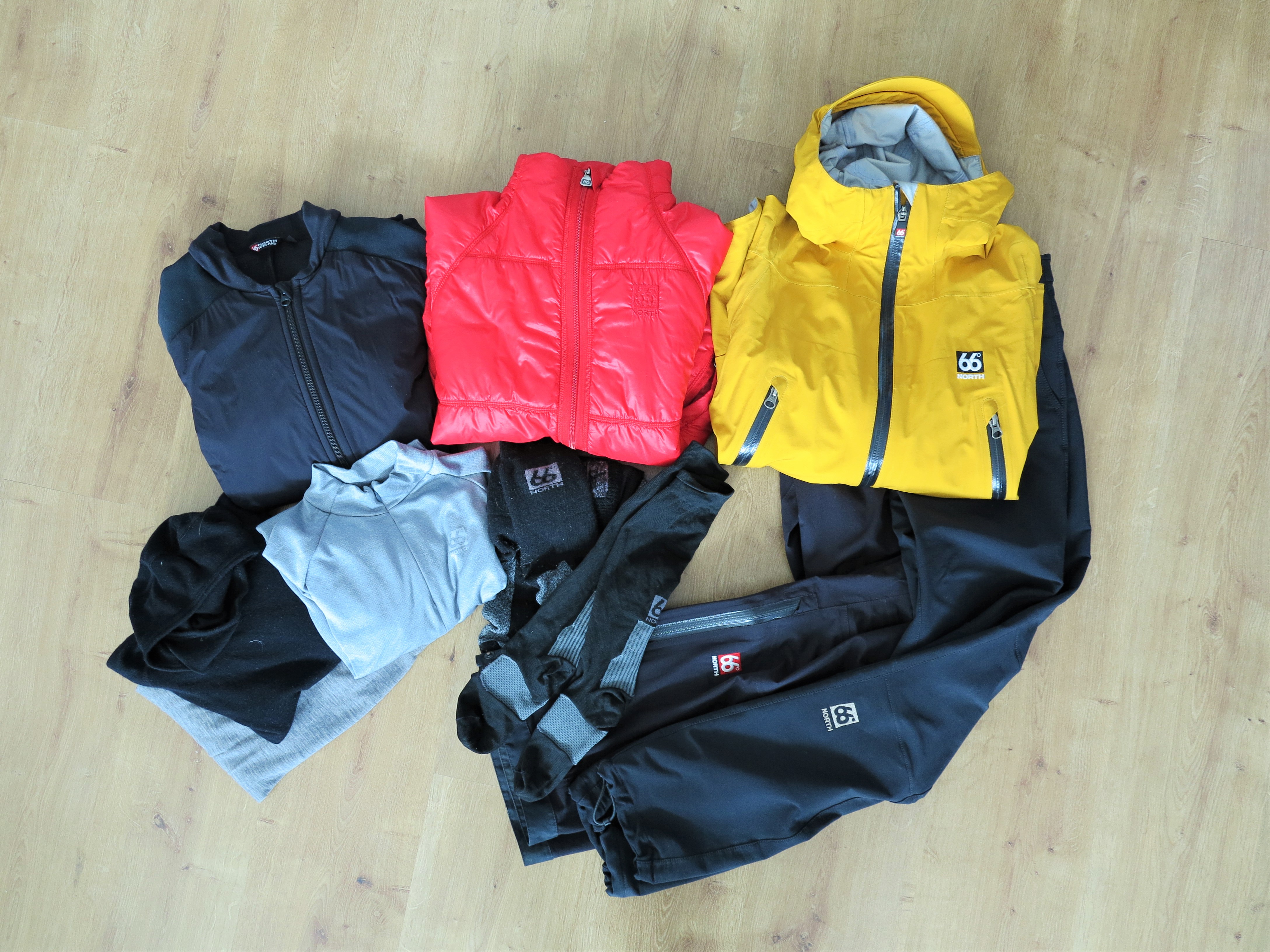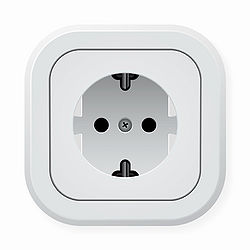Things needs to know before coming to Iceland
Arrival Formalities
Ensure that your passport is valid for at least 90 days following your departure date from Iceland. As a best practice, it is recommended that your passport has at least six months’ validity. Also, make sure that you have two blank visa pages in your passport.
Most countries are exempt from needing a visa before traveling to Iceland. However, it is best to check your country’s requirements before travelling to ensure that you do not need one.
Some useful words in Icelandic
Hæ (/haiː/) – Hello
Bæ (/paiː/)- Bye
Takk ([tʰaʰkː) – Thanks
Takk fyrir ([tʰaʰkː fɪːrɪr̥]) – Thank you
Sjáumst (/ˈsjaːu.ʏm̥st/) – See you!
ATM-s
Foreign credit, debit, and cash cards are useful for obtaining money. ATMs are usually the easiest way to get cash when traveling. Be sure to know your personal identification number (PIN) and daily withdrawal limit. Also, let your bank know about your plans to go abroad so they don’t block your card.
Business hours
Shops in Iceland are typically open Monday through Friday from 10:00 AM – 6:00 PM and on Sunday from 10:00 AM till early afternoon. However, souvenir shops and some grocery stores have longer opening hours.
Some major convenience stores open for 24 hours, such as 10-11 and Kvikk. Banks are open from 9:00 AM – 4:00 PM on Monday through Friday (closed on weekends.) Opening hours at museums and tourist sights are irregular and should be confirmed before a visit to avoid disappointment.
Clothing
Temperatures will be chilly no matter what time of the year you visit Iceland, so be sure to pack accordingly. Casual, outdoor clothing will be a good option even in the cities and towns. Several layers is essential for traveling in Iceland, as the temperate can vary throughout the day. Check our more detailed packing list suggestions.

Country code and local phone numbers
If you plan to use a foreign phone number, you’ll need to add the +354 country code to any local call you make.
Apart from emergency numbers, all other Icelandic phone numbers consist of seven digits (excluding the country code), and there are no area codes.
You can purchase a local SIM card at gas stations, convenience stores, on the plane (only if you’re flying with Icelandic airlines), and at the airport.
Drinking Icelandic tap water
No need to spend money on buying water from shops; you can drink tap water from any place here in Iceland and even from the rivers in nature (as long as it is crystal clear). It might smell sulfurous, but it is safe to drink, and all the locals do the same.

Icelandic money
The primary local currency is the Icelandic Króna (ISK). If you bring your own money, you can exchange it at any local bank. USD, €, and the British Pound are widely accepted at local banks.
A helpful tip: avoid exchanging money at the airport as the exchange rate is much lower. Instead, wait until you are in town. Additionally, you can use your cards to pay for any services here in Iceland.

Adapter
Electricity in Iceland utilizes the Europlug/Schuko-Plug (CEE types), featuring two round prongs. Therefore, you will need an electric transformer or adapter.

If you forget to bring yours along, no worries, many shops in town sell adapters and sometimes at hotel reception they have some to borrow.
Swimming pool shower rules
“When visiting local swimming pools, it’s important to shower thoroughly with soap before wearing your swimsuit. While it may feel a bit uncomfortable to shower naked among strangers, adhering to this simple rule is essential for personal hygiene and the comfort of all pool users.

WIFI
Wifi is available at almost every coffee house, restaurant, hotel, and tourist office.
Driving in Iceland
Visitors who are planning to self-drive should book a car far in advance to guarantee its availability.
Each day before hitting their roads it is good practice to check information about the road conditions in the part of Iceland that you are planning to visit. You can also contact them via this phone number: 1777
Safety
Iceland is generally considered a safe country with an almost zero crime rate. However, it is still advisable to take common-sense precautions and be aware of your surroundings, particularly in the city center on weekends and during nighttime. In recent years, there has been an increase in cases of pickpocketing at busier sightseeing locations.
Tipping
When you purchase a service in Iceland, such as at restaurants, taxis, shops, hotels, etc., taxes are already included in the price.
Tipping in Iceland is not common and is primarily practiced by foreign tourists visiting the country. However, if you receive excellent service and would like to show gratitude, the person helping you will not take offense.
If you choose to leave a tip in a restaurant, you can round up or leave only 10% of the bill.
Tipping for drivers and guides is at your personal discretion. Typically, people tip between 8 to 15 USD (1000-2000 ISK) per day.
Related Articles
The Ultimate Guide to Things to Do in Reykjavík: Discover Iceland's Capital
The Ultimate Guide to Things to Do in Reykjavík: Discover Iceland's Capital Unforgettable Things to Do in Reykjavík: Your Essential Guide Reykjavík, the heart of Iceland, pulses with a mix of cultural richness, historical depth, and breathtaking ...Golden Circle Iceland
Exploring the Beauty of Golden Circle Iceland Iceland's Golden Circle is one of the country's most beloved tourist destinations, and for good reason. This picturesque route takes visitors on an incredible journey through Iceland's most striking ...Shore Excursions Iceland
Shore Excursions Iceland: Unforgettable Adventures from Iceland's Ports Welcome to Shore Excursions Iceland, your gateway to extraordinary adventures and immersive experiences in the captivating land of fire and ice. With a wide range of services and ...Family-friendly activities in Iceland
Iceland may not be at the top of your mind when planning a family vacation, but it is an amazingly family-friendly destination with endless opportunities for both parents and children alike. From its breathtaking natural beauty to unique cultural ...Hiring a Private Driver in Iceland
Traveling in Iceland can be an unforgettable experience, with its breathtaking natural beauty and unique cultural heritage. While there are many ways to explore the country, one of the best options that many visitors consider is hiring a private ...